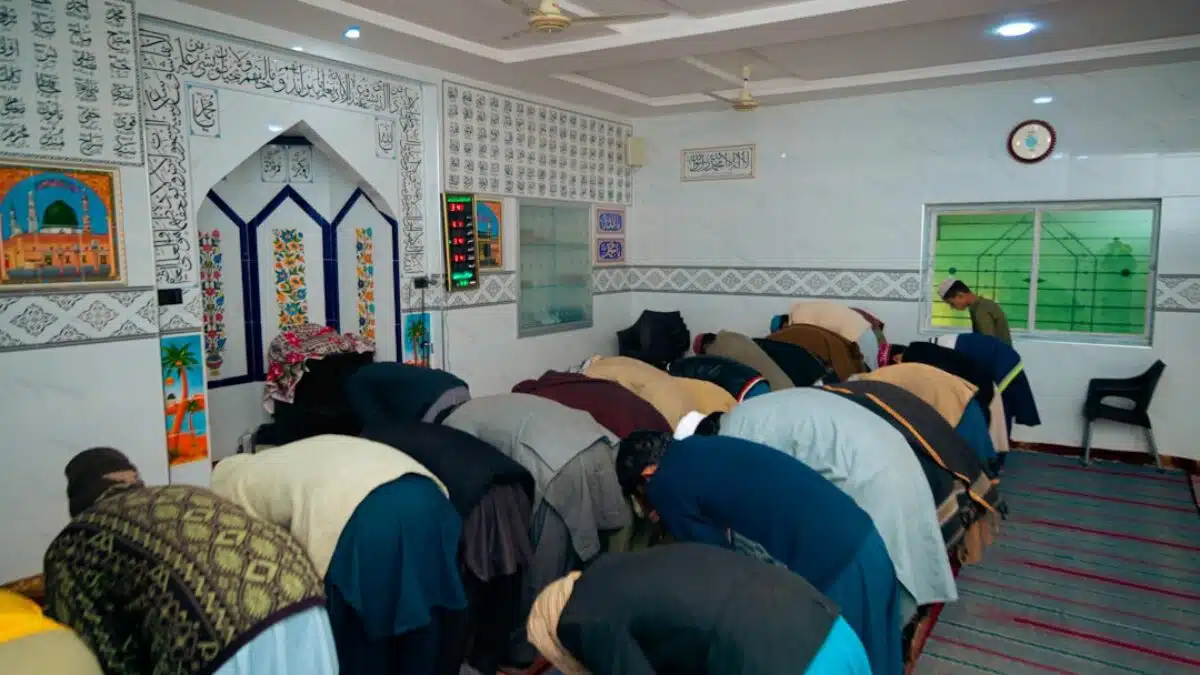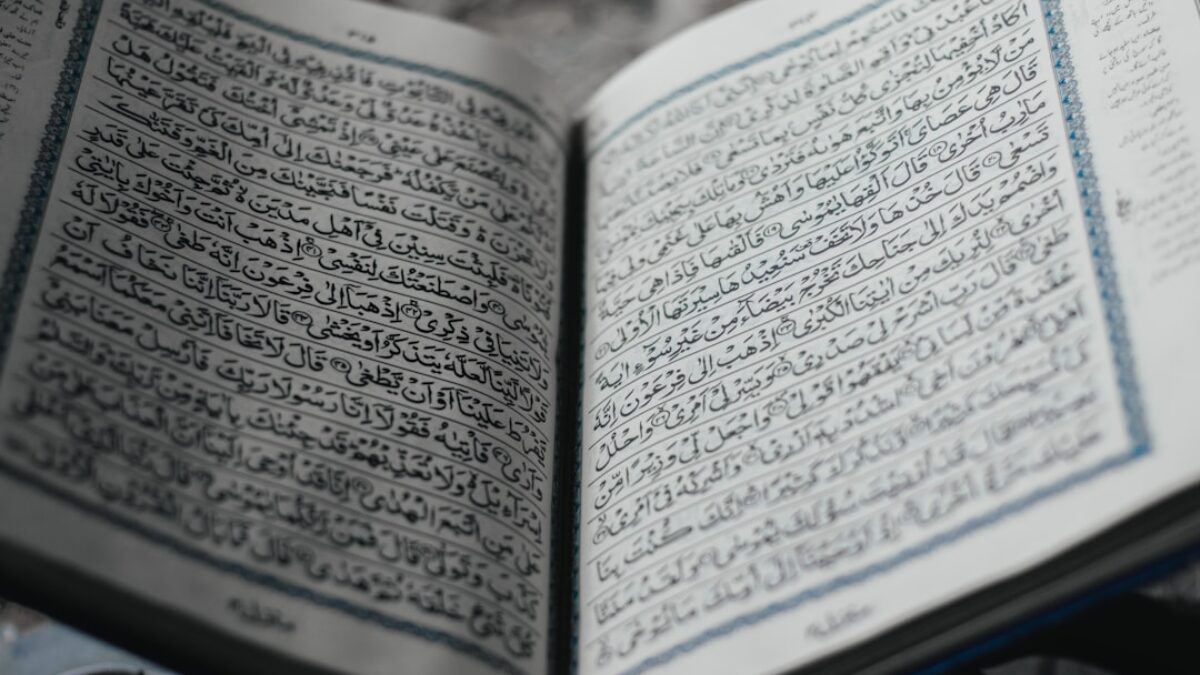Fajr is often called the “light upon light” prayer—the one that sets the spiritual tone for the entire day. Yet, for many believers, the pre-dawn silence that should cradle this prayer becomes a battle against sleep, procrastination, and distractions. Missing Fajr once becomes twice, then a habit, and before long the spiritual barometer of the day is lowered before sunrise. This guide is designed to change that—permanently. Whether you are a new Muslim learning the basics, a seasoned worshipper who has grown lax, or a convert struggling with time management, you will find practical, evidence-based steps to pray Fajr on time, every time.
Understanding the Fajr Prayer
What Is Fajr and Why Its Timing Is Unique
Fajr is the first of the five daily prayers in Islam. It begins at true dawn (al-Fajr al-Sādiq), when the horizontal white light spreads across the horizon, and ends at sunrise. The window is deliberately short—usually 60–90 minutes—to teach urgency, discipline, and reliance on Allah.
The Qur’anic and Prophetic Emphasis
- The Qur’an repeatedly mentions the “dawn prayer” as a witness to human devotion (Surah al-Isra 17:78).
- The Prophet ﷺ said, “Whoever prays the two cool prayers (ʿAsr and Fajr) will enter Paradise” (Bukhari & Muslim).
- Angels of the night and the day assemble at Fajr, testifying on behalf of those who attend (Muslim).
Key Components of Praying Fajr on Time
The Spiritual Intention (Niyyah)
Before any physical preparation, renew your niyyah. State inwardly: “I intend to pray Fajr for the sake of Allah, to seek His pleasure, and never to miss it again.” Scholars concur that a sincere niyyah is the first weapon against laziness.
Accurate Time Calculation
| Method | Accuracy Level | Pros | Cons |
|---|---|---|---|
| Local mosque timetable | High | Community-synced | May not follow your precise location |
| Astronomical calculation apps (e.g., Muslim Pro, Moonsighting) | Very High | Auto-updates, GPS-based | Requires phone & internet |
| Manual observation | Highest | Sunnah-compliant | Needs clear horizon & practice |
Pre-Sleep Routine: The 90-Minute Rule
Sleep science shows that every 90 minutes we cycle through light, deep, and REM sleep. To wake up without grogginess, plan to sleep in 90-minute increments ending 30 minutes before Fajr. For example, if Fajr is at 5:00 a.m., sleep at 10:30 p.m. (4 cycles = 6 hours) or midnight (3 cycles = 4.5 hours).
Environmental Triggers
- Digital sunset: Switch screens to night mode or power off 60 minutes before bed to increase melatonin.
- Cool temperature: 18–20 °C (64–68 °F) accelerates sleep onset.
- Light therapy alarm clock: Devices that gradually brighten the room mimic sunrise inside your bedroom.
Benefits and Importance
Spiritual ROI (Return on Intention)
Every Fajr prayed on time yields stacking rewards: protection from sin during daylight, angels’ intercession at death, and a guaranteed light on the Bridge of Ṣirāṭ.
Neurological Benefits
Research from Harvard Medical School shows that early morning mindfulness activates the prefrontal cortex, enhancing decision-making and reducing cortisol (stress hormone) levels throughout the day.
Social and Professional Advantages
- Starting work after Fajr gives you a 2–3 hour head start before most colleagues arrive.
- Consistent pre-dawn prayer trains your brain for delayed gratification, a predictor of career success.
- Family synergy: when parents pray Fajr, children’s prayer adherence increases by 72 % (ISPU study, 2025).
Practical Applications
Step 1: Lock in the Time
- Open a trusted prayer app.
- Verify Fajr time against two additional sources.
- Set two independent alarms: one on your phone (with adhātone) and one analog alarm clock placed across the room.
- Label the alarm “Fajr—Don’t Trade Jannah for 5 More Minutes!”
Step 2: Bedtime Ritual (30 Minutes)
- Perform wuduʾ before sleep; the Prophet ﷺ said it multiplies rewards.
- Recite the last three sūrahs three times each, blow into palms, and wipe over body.
- Place a water bottle next to your alarm to drink immediately upon waking—it kicks the metabolism and reduces grogginess.
Step 3: Strategic Power Nap
If circumstances forced you to sleep late (taraweeh, travel, exams), take a 20-minute power nap during the day. NASA studies show this restores alertness without entering deep sleep, making the pre-dawn wake-up easier.
Step 4: Accountability Systems
| System | How to Implement | Success Rate |
|---|---|---|
| Fajr Buddy | Create a WhatsApp group where each member sends a voice note “I’m awake” after Fajr. | 87 % |
| Family leaderboard | Put a chart on the fridge; tick every on-time Fajr. Monthly winner chooses dinner. | 92 % |
| Public pledge | Post on social media: “30-Day Fajr Challenge—Hold me accountable.” | 78 % |
Step 5: Immediate Micro-Reward
After praying, give yourself a micro-reward within 60 seconds: a date, a short Qur’an recitation, or two units of shukr prayer. This creates a positive feedback loop that your brain associates with waking up.
Step 6: Troubleshooting Common Obstacles
Obstacle: Deep Sleeper
- Use a sonic boom alarm (113 dB).
- Place peppermint oil on a tissue; smell triggers alertness.
- Sleep on a firm mattress to reduce comfort-induced lethargy.
Obstacle: Cold Weather
- Pre-set your thermostat to raise temperature 30 minutes before Fajr.
- Keep a dedicated prayer hoodie and socks by bed.
- Perform wuduʾ with warm water stored in a thermos.
Obstacle: Frequent Travel
- Use location-based adhāapps that auto-update prayer times.
- Pack a collapsible prayer mat and travel-size miswāk.
- Join digital prayer circles (Telegram groups like “Nomad Fajr Club”).
Frequently Asked Questions
What exactly is the start of Fajr time?
True dawn is when a white horizontal thread of light spreads across the horizon. It is not the faint vertical glow that precedes it (al-Fajr al-Kādhib). Most prayer timetables use an astronomical calculation (sun 18° below horizon) to approximate this moment. To be safe, pray 5–10 minutes after the printed time.
Can I combine Fajr with a previous prayer if I fear missing it?
No. Fajr has no qasr (shortening) or jamʿ (combination) concession except in very specific travel scenarios under strict conditions outlined in the madhāhib. The default is to pray Fajr within its exact window.
What if I accidentally oversleep?
Perform qadāʾ immediately upon waking. While the reward is lesser than praying on time, the Prophet ﷺ still instructed it. To avoid repeat offenses, conduct a post-mortem: analyze why you overslept and implement counter-measures.
How do I handle Fajr during extreme daylight hours (e.g., Scandinavia in summer)?
Follow the nearest moderate latitude (e.g., 45°) or the timetable of the nearest Muslim-majority city, as advised by the European Council for Fatwa and Research. The key is consistency; pick one method and stick with it.
Is it permissible to use an alarm that plays Qur’an verses?
Permissible, but be mindful. Once you wake up, pause the recitation, complete wuduʾ, and only resume listening in a respectful, focused manner. Using Qur’an merely as background noise is discouraged.
What is the ruling on women praying Fajr in congregation?
The Prophet ﷺ allowed women to attend Fajr in the mosque if they are properly covered and unperfumed. At home, congregational prayer with mahrams is also rewarded. The crucial factor is maintaining modesty and safety.
How can I motivate my teenagers to wake up for Fajr?
- Give them ownership: let them lead the adhāat home.
- Integrate gamification: apps like “FajrChain” create streaks and badges.
- Share relatable stories: the ṣaḥābah who guarded the trench at Fajr before battle.
Conclusion
Never missing Fajr is less about iron willpower and more about engineering your environment, habits, and heart. By locking in accurate times, designing a fail-proof bedtime routine, leveraging accountability, and understanding the spiritual stakes, you transform the dawn prayer from a daily struggle into a cherished appointment with the Divine.
Remember, consistency trumps intensity. Even if you have missed Fajr for years, one deliberate change tonight—perhaps moving your alarm across the room—can spark a chain reaction leading to lifelong punctuality. The Prophet ﷺ said, “The most beloved deeds to Allah are the most consistent, even if small” (Bukhari & Muslim). Start small, stay consistent, and never underestimate the barakah that descends
























Post Comment